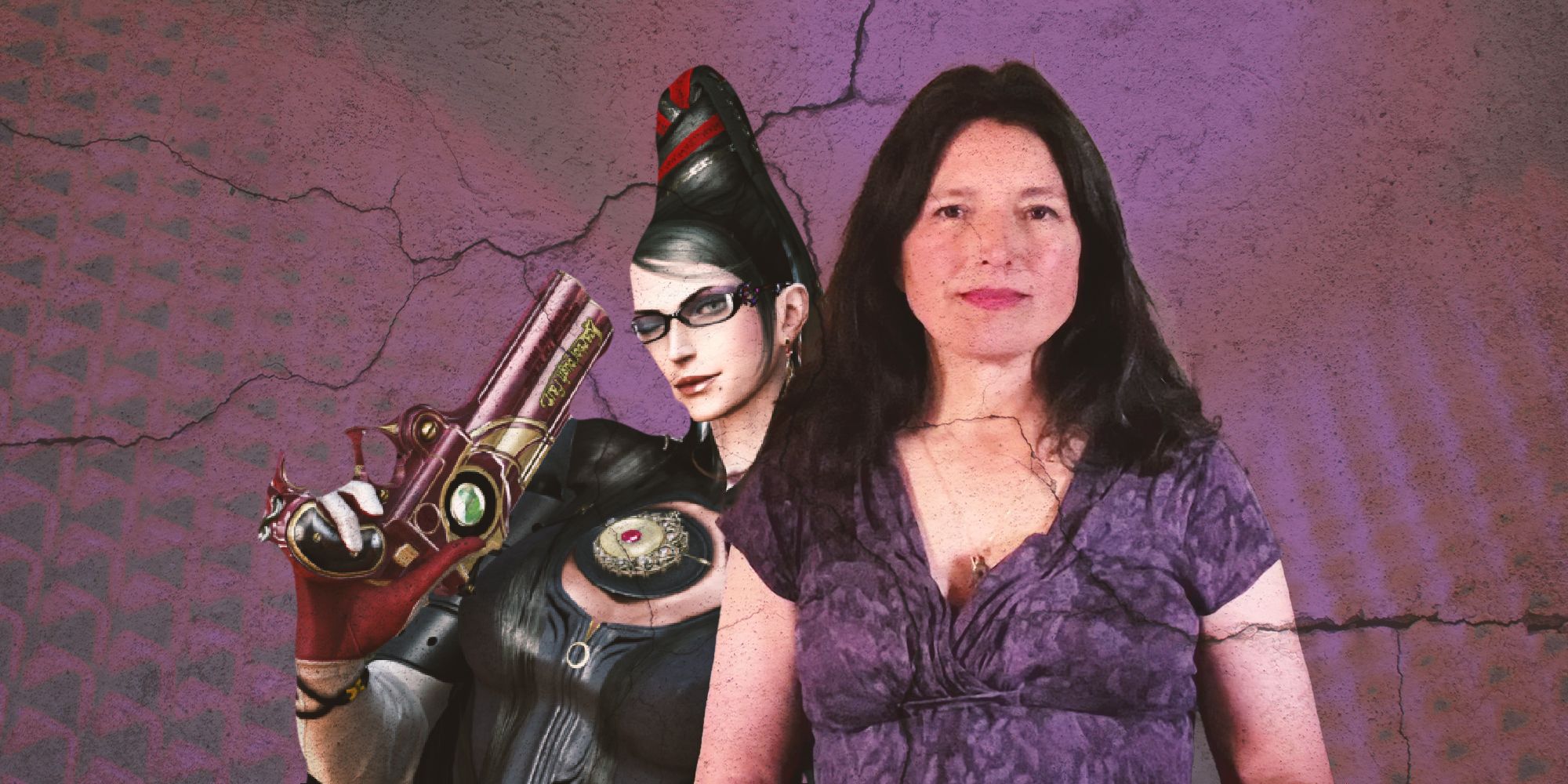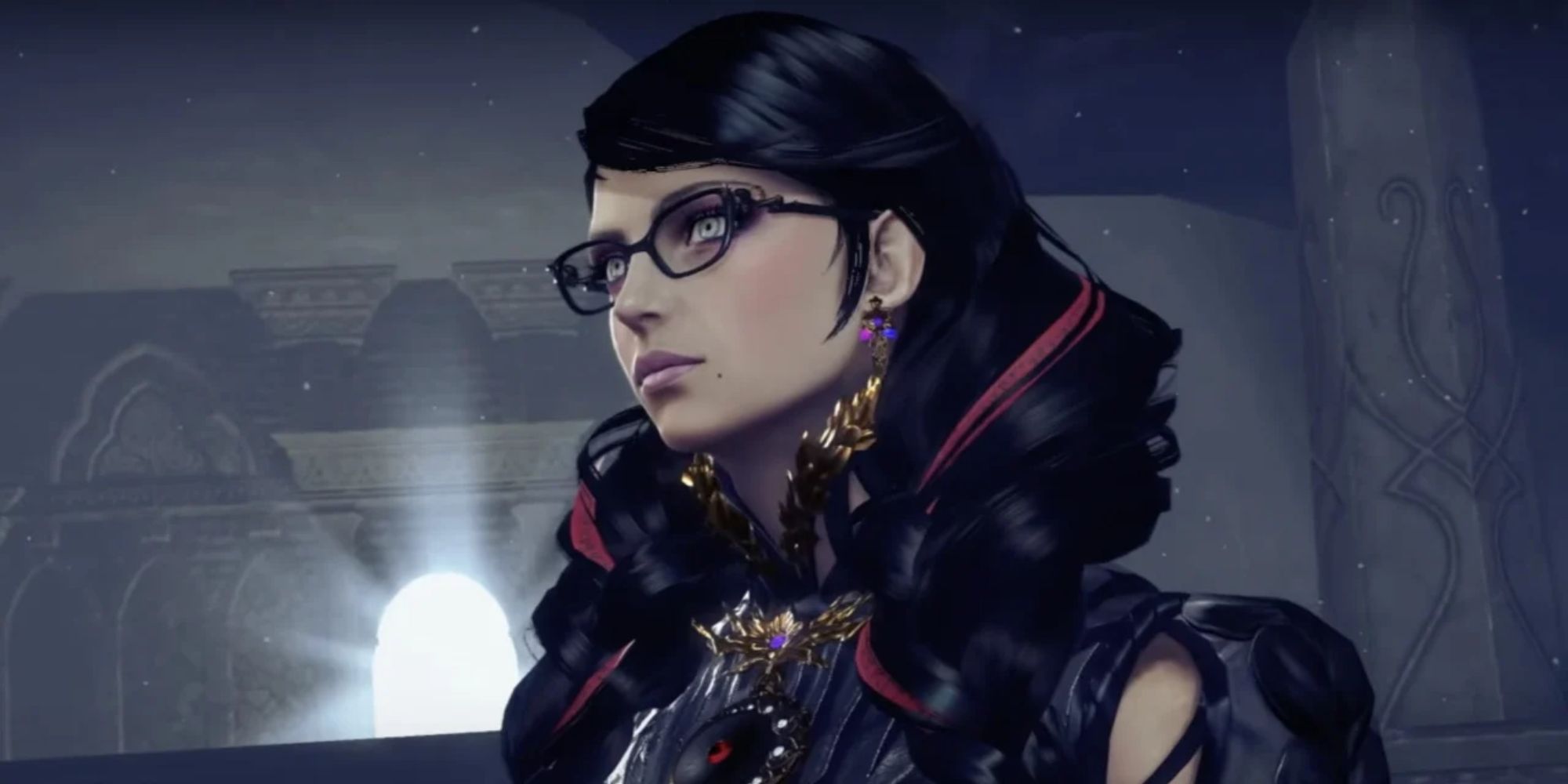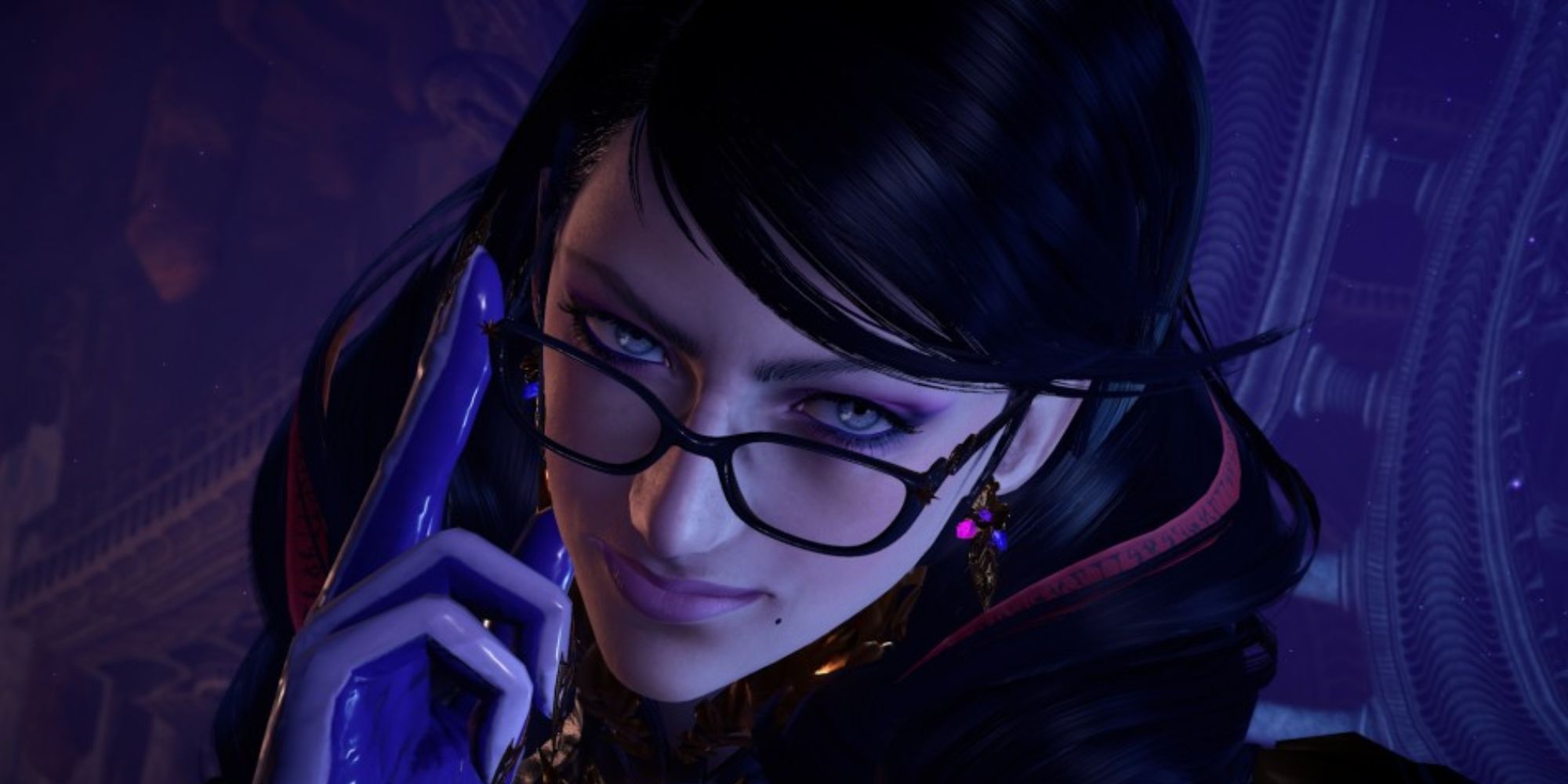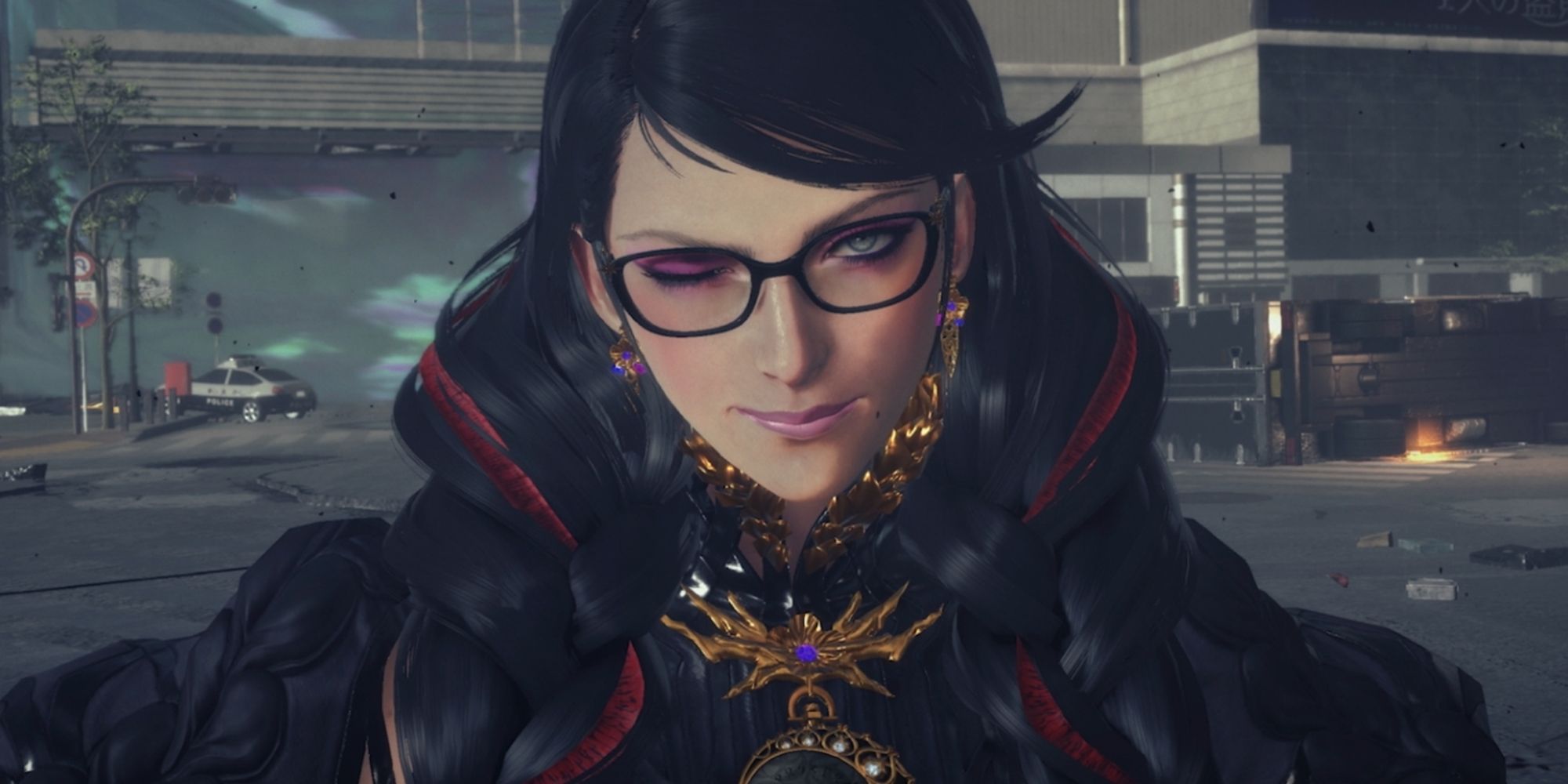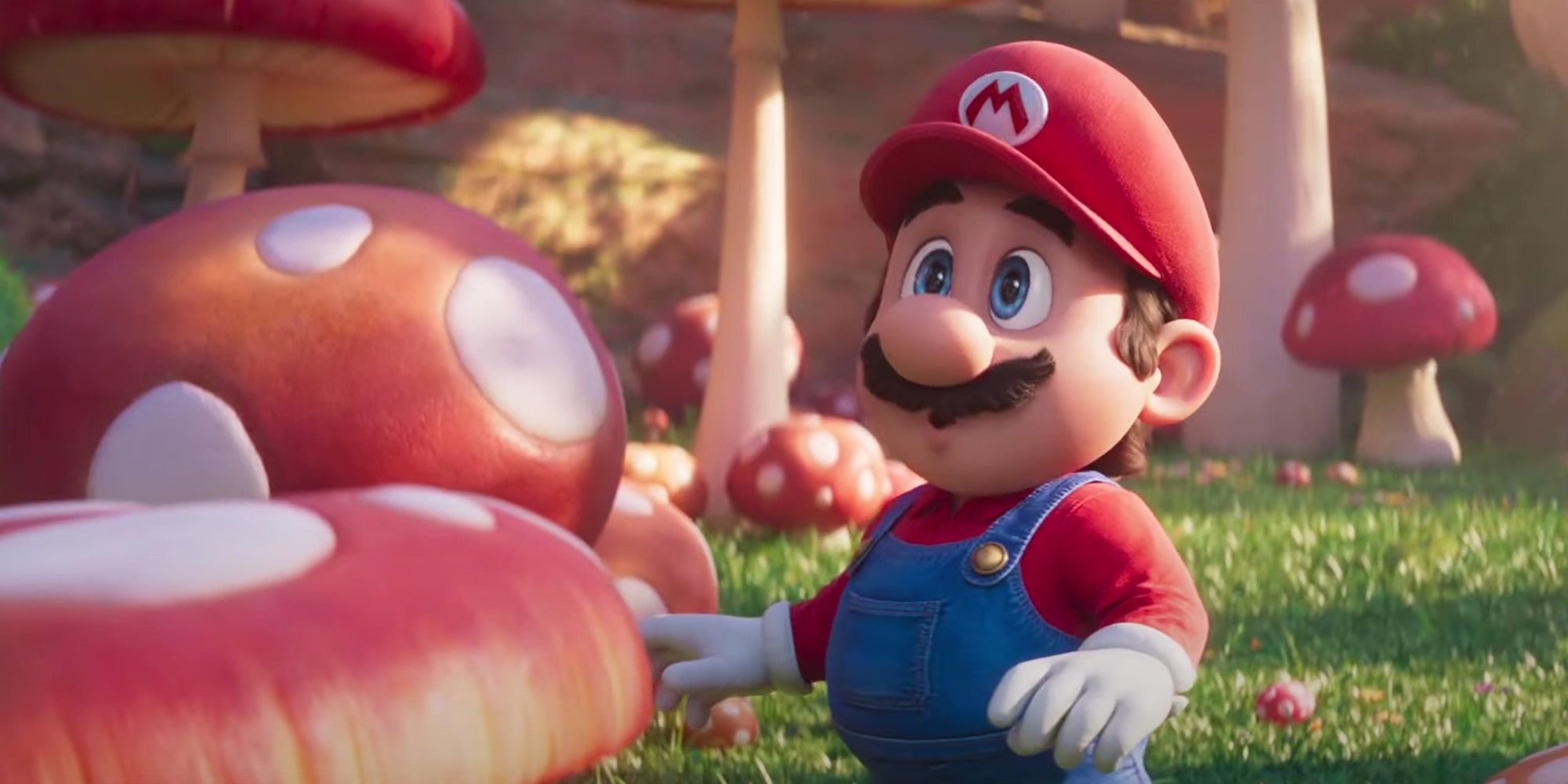This weekend, Hellena Taylor revealed that the reason she would not be returning as Bayonetta in the upcoming third instalment was not the official line of “scheduling conflicts”, but instead because she was offered only $4,000 for the entire role, and this was after negotiation. Twitter reactions fell into two categories. Firstly, unbridled outrage, and secondly, bewilderment at what a decent offer would have looked like. I don’t think these camps are mutually exclusive. I think many people were outraged simply because it felt as though they should be, without having any access to the facts. The biggest part of this whole affair is that we know very little about voice acting as an entire industry.
I want to set my stall out here and say that my first take was off base. I’m acutely aware of how social media revs up the outrage machine at every chance it gets, and so I kept my reaction at arm’s length. As everyone rushed to declare this the greatest injustice known to man, I was more contemplative.
Taylor has been an excellent Bayonetta, and she’s the OG, in English at least. Her delivery in the video itself showed she could still do the voice. Jennifer Hale, her replacement, won’t have come cheap. Was Taylor just annoyed at having her bluff called? What was a good rate? If she was expecting $6,000, then it’s whatever. She turned down an offer, they went elsewhere. If $30,000 is more like it, then $4,000 is an insult. But the fact is I didn’t know, and a lot of those getting upset didn’t know either.
I’ve since looked at the SAG union rates for voice over, and it seems like Taylor was offered around the minimum rate for nine hours work. That’s assuming she’s counted as one character, even though there are multiple Bayonettas in the trailer. Taylor was clear that she was offered a set free rather than an hourly rate, and given a) she presumably would have voiced multiple Bayonettas, and b) as the protagonist would have been in the booth for north of ten hours, she was being massively undercut. Not to mention she should really be above the minimum pay grade for a character as iconic as Bayonetta.
In short, my reaction was ‘let’s not be so hasty’, then I read up on the issue, and decided ‘haste away’. Taylor is right - she’s worth more than $4,000. But it highlighted a much bigger issue, that for all voice actors are a crucial part of the games we love, we don’t know all that much about them. Even Jennifer Hale appears to have been in the dark here - in the aftermath she has been liking tweets in support of Taylor, as well as those suggesting Hale is under NDA and not allowed to comment.
We’ve seen other actors confirming that video games have paid way less than TV or film, although again, NDAs mean specifics are hard to come by. Perhaps one of the reasons we see the same few faces (or rather, hear the same voices) over and over again is that the big names can demand big salaries and stick around, while the small names get shafted. It’s also worth noting that it’s incredibly rare for games to include back-end royalties, while these are standard in film and television.
You don’t have to like Taylor to know she’s in the right here. Her video was not designed to win hearts and minds. Asking for a boycott is a big step and fans often don’t like being forced to make sacrifices. Taylor claimed the Bayonetta franchise has made $450 million before merchandise, which does not seem even close to accurate. She dismissively called well-established Jennifer Hale “the new girl” and told us Hale had no right to call herself Bayonetta. In the fourth video, she even got oddly religious. It wasn’t all that likeable a performance, and maybe that’s part of the reason I didn’t jump in with both feet. But I’m knee-deep in discourse now. You don’t have to like her to know she’s right.
Because of the boycott request, we’re seeing people turn against Taylor, even acting like they’re the real victim for being asked to choose. We’re seeing people dismiss voice acting as an entire art form. They aren’t ‘real’ developers, they didn’t ‘really’ make the game. It’s all part of a pattern of disrespect that publishers rely on to keep wages low and profits high.
Put Anya Taylor-Joy in a movie and I’ll go see it (as long as David O. Russell didn’t direct it). It’s this fact that allows film stars to command high salaries. Gaming makes just as much money as film, but this never filters back to talent in a meaningful way because no one is going to play a game for Cissy Jones. She’s one of the best in the business, but right now a lot of you are going to have to Google her name. That’s not your fault, it’s how things are designed to work. But it means Jones can never command a Taylor-Joy salary.
Taylor isn’t the only recent example of this either. Charles Martinet, voice of Mario for decades, was cast aside for the upcoming movie because the (far more expensive) Chris Pratt is a better name to put on the poster. Conversations in the aftermath revolved around the fact that, actually, Martinet was terrible. Despite his huge range and decades of experience as the world’s most beloved character and a plethora of other titles, people can guarantee you he would have been hideously annoying in a movie. It’s outrageously disrespectful to him and the whole craft of voice acting.
We don’t know what happened behind the scenes. I still don’t feel I know what the going rate for Bayonetta should be, but a little research has revealed that $4,000 is way under, even accounting for voice actors being so underpaid. Even if it’s too late for Taylor to get her worth this time, hopefully it can kickstart an attempt to give voice actors more respect, more recognition, and of course, more pay.

